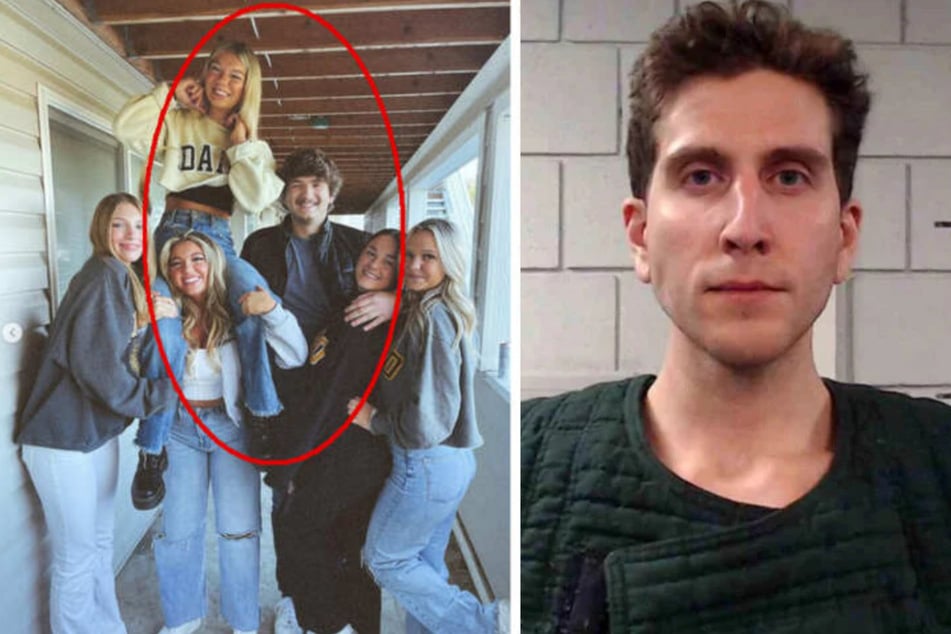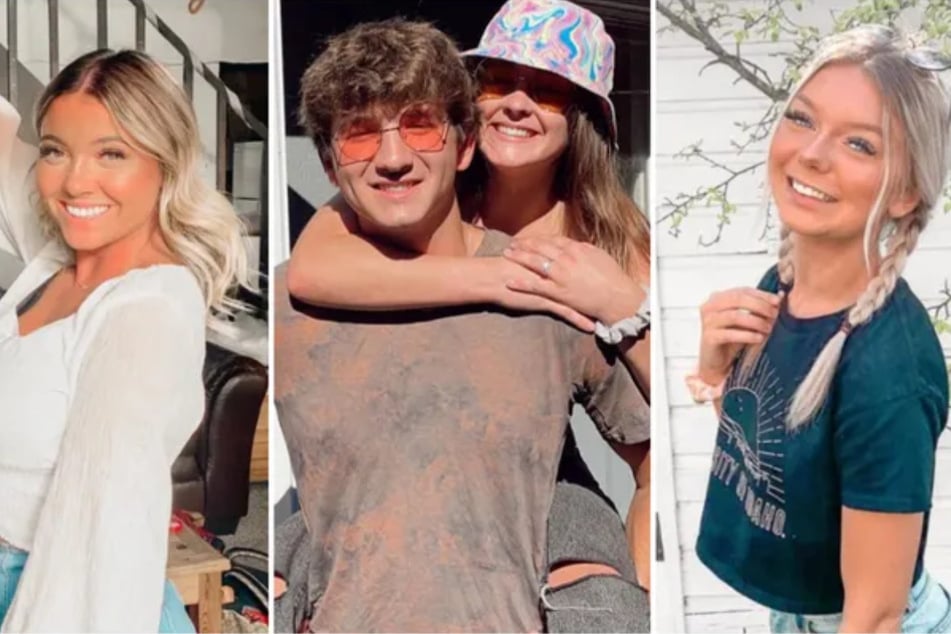Moscow murders: Can Bryan Kohberger escape conviction?
Moscow, Idaho - One year after the quadruple murder in Moscow, Idaho, the DNA evidence is apparently not sufficient to convict suspect Bryan Kohberger.

Criminology student Bryan Kohberger (28) is accused of murdering Kaylee Goncalves (21), Madison Mogen (21), Xana Kernodle (20), and Ethan Chapin (20) in their apartment building on the night of November 13, 2022.
However, as the New York Post reports, there could now be problems in convicting the prime suspect.
Although Kohberger is said to have left traces of DNA on a knife found at the crime scene, these are said to be insufficient to provide evidence of his guilt.
"DNA on itself… it's not everything," said journalist Ted Rowlands, who produced a documentary about the terrifying case.
"People can leave their DNA on items they've never touched and in rooms they've never been in," he explained, adding, "I think from the defense, you're going to see a huge attack on the DNA because if you get rid of that, you have a chance."
Rowlands nevertheless assumes that Kohberger will be convicted due to further evidence against the graduate student.
Did Bryan Kohberger want to commit the perfect crime?

Kohberger owns a white Hyundai - the same car that was seen near the crime scene shortly after the murders.
He also had his cell phone turned off, making it difficult to pinpoint his exact whereabouts during the night of the murders to give him an alibi.
"He thought if he turned his phone off, he'd get away with it," Rowlands explained.
The journalist also put forward a particular theory about the fact that Kohberger studied criminology of all things.
"I think he wanted to test the system and act out on whatever internal impulses," Rowlands said. "I think if he got away with this, that this would have been just the beginning, assuming he actually did this."
Cover photo: Collage: Screenshot/Instagram/kayleegoncalves & Monroe County Correctional Facility

